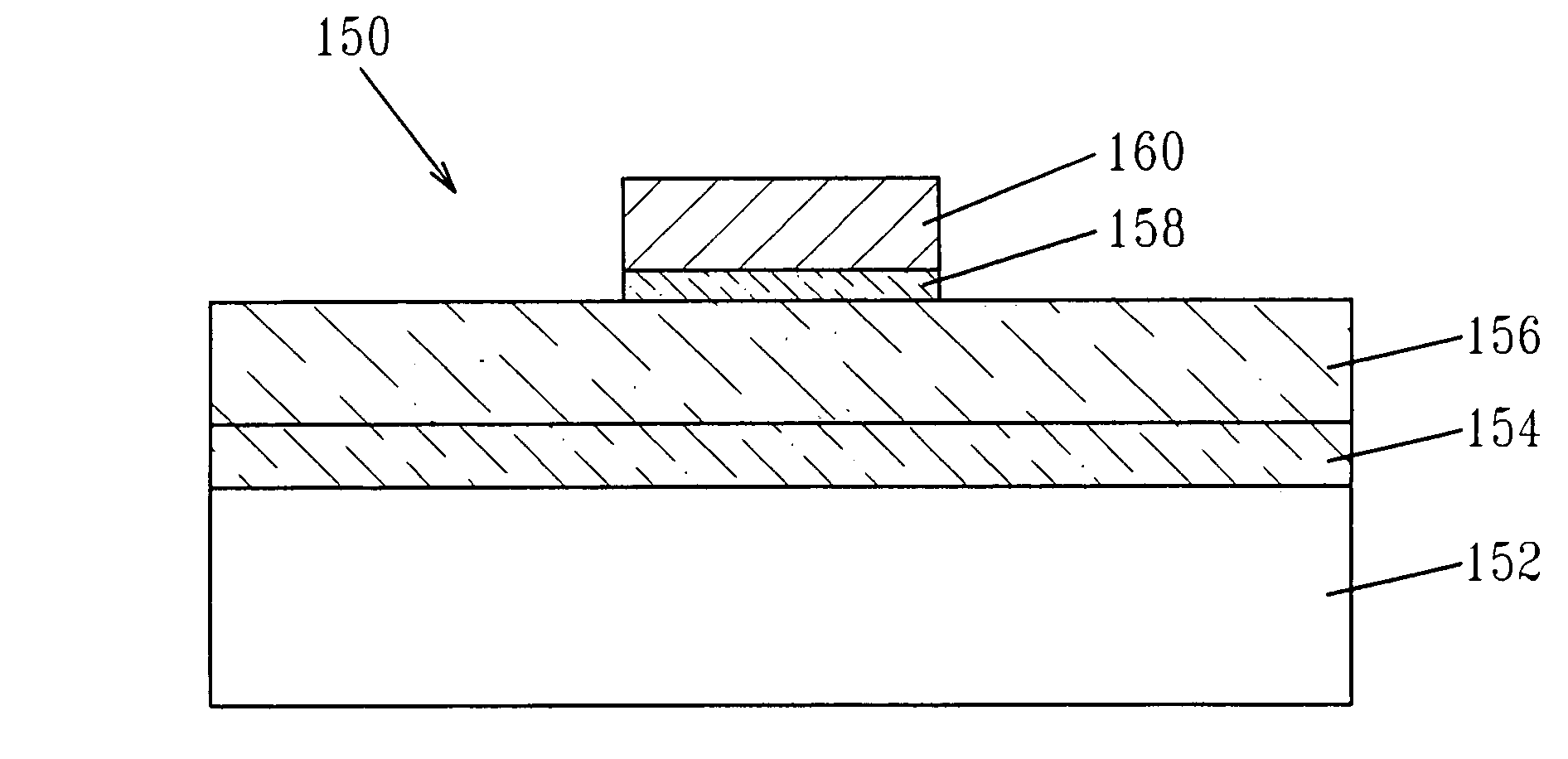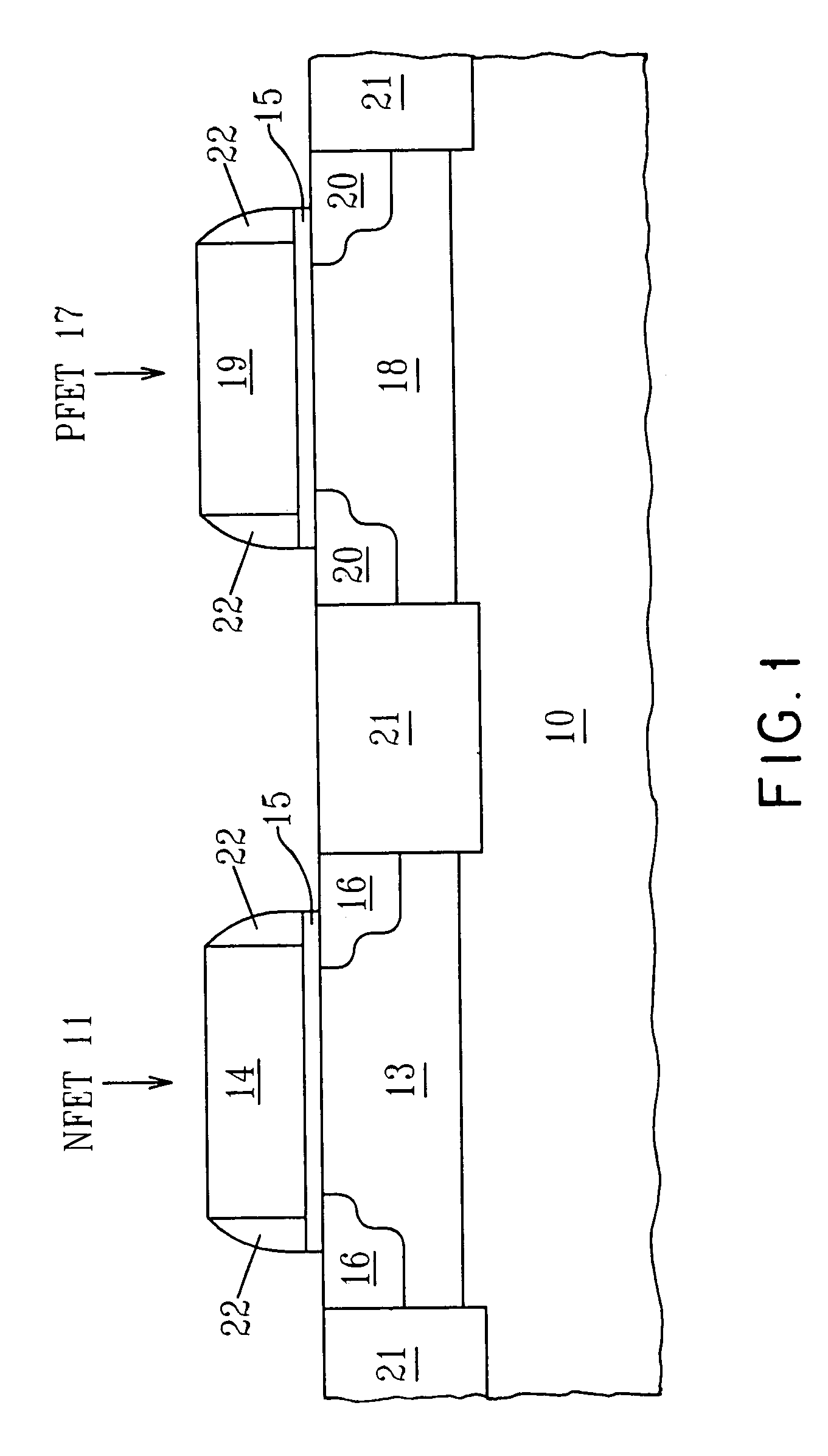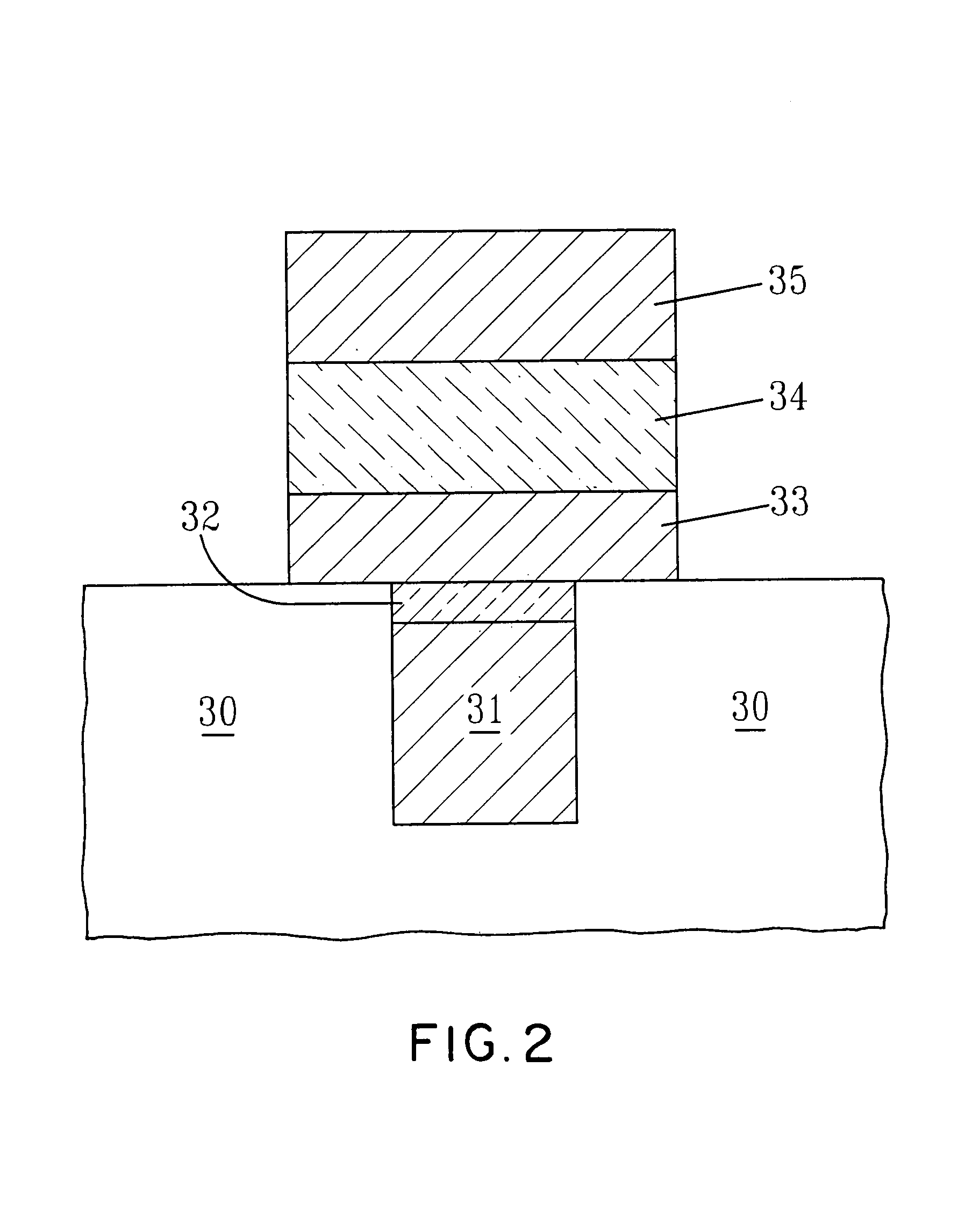Deposition of hafnium oxide and/or zirconium oxide and fabrication of passivated electronic structures
a technology of zirconium oxide and hafnium oxide, which is applied in the field of electromechanical devices, can solve the problems of difficult manufacture and thickness control, increased manufacturing costs, and reduced thickness, and achieves the effect of reducing the conditions necessary, and reducing the amount of emitted
- Summary
- Abstract
- Description
- Claims
- Application Information
AI Technical Summary
Benefits of technology
Problems solved by technology
Method used
Image
Examples
example 1
Chemical Vapor Deposition of Hafnium Oxide
[0059]The hafnium oxide films were deposited in a quartz horizontal hot wall CVD reactor equipped with a 1×3×8″ quartz flow cell. An ATMI (Advanced Technology and Materials, Inc. Danbury, CT) LDS 300B liquid delivery system and vaporizer was used to introduce precursors into the reactor. The hafnium alkoxide source mixture was comprised of 40 grams of hafnium tert-butoxide Hf(t-OC4H9)4 and 1 liter of octane. A thin layer (xNy layer was deposited on the silicon wafer prior to growth of hafnium oxide. The hafnium alkoxide source mixture was flowed at 0.5–0.01 ml / min, preferably 0.05 ml / min. The vaporizer temperature was 120–180° C., preferably 120° C. Anhydrous nitrogen was introduced into the vaporizer at 20–2000 sccm, preferably 200 sccm as a carrier gas for the volatilized hafnium isopropoxide. A reactant gas selected from the group including, oxygen, N2O, NO, H2O, ozone, preferably, oxygen was introduced through a separate inlet as the rea...
example 2
Chemical Vapor Deposition of Hafnium Oxide
[0062]The hafnium oxide films were deposited in a single wafer, lamp heated susceptor type CVD reactor equipped with a 300 mm showerhead as supplied by TEL. A liquid delivery system and vaporizer was used to introduce precursors into the reactor. The hafnium alkoxide source mixture was comprised of 40 grams of hafnium tert-butoxide and 1 liter of octane. A thin layer (2) oxide (UTO) or rapid thermal thin oxide containing nitrogen (RTNO) was deposited on the silicon wafer prior to growth of hafnium oxide. The hafnium alkoxide source mixture was flowed at between 1 and 400 mg / min, preferably 80. The vaporizer temperature was 30–300° C., preferably 50° C. Anhydrous nitrogen was introduced into the vaporizer at 10–2000 sccm, preferably 40 sccm as a carrier gas for the volatilized hafnium tert-butoxide. Oxygen was introduced through a separate inlet as the reactant gas. The system pressure was 1 mT to 100 Torr during growth, preferably 1.5 Torr. ...
example 3
Chemical Vapor Deposition of Hafnium Oxide
[0063]In this embodiment, the liquid is not vaporized and is diverted from the CVD reactor. The hafnium alkoxide is dissolved, emulsified or suspended in a liquid which vaporizes at a higher temperature. The hafnium alkoxide and the liquid is introduced into a vaporizer where the hafnium alkoxide is vaporized. The liquid is not vaporized, but instead is diverted from the reactor in liquid form.
[0064]One possible apparatus configuration is shown in FIG. 5. As shown in FIG. 5, the hafnium alkoxide and liquid would flow from ampoule 100 to vaporizer 102. The hafnium alkoxide is volatilized in the vaporizer, but the liquid would not. The vaporized hafnium alkoxide is then transported to reactor 106, and the nonvaporized inert liquid is drained out of the vaporizer and collected in trap 04. The vaporizer temperature is set at less than the boiling point of the liquid. Inlet 101 and outlet 103 are also shown, together with arrows which depict the ...
PUM
| Property | Measurement | Unit |
|---|---|---|
| temperature | aaaaa | aaaaa |
| temperature | aaaaa | aaaaa |
| temperature | aaaaa | aaaaa |
Abstract
Description
Claims
Application Information
 Login to View More
Login to View More - R&D
- Intellectual Property
- Life Sciences
- Materials
- Tech Scout
- Unparalleled Data Quality
- Higher Quality Content
- 60% Fewer Hallucinations
Browse by: Latest US Patents, China's latest patents, Technical Efficacy Thesaurus, Application Domain, Technology Topic, Popular Technical Reports.
© 2025 PatSnap. All rights reserved.Legal|Privacy policy|Modern Slavery Act Transparency Statement|Sitemap|About US| Contact US: help@patsnap.com



